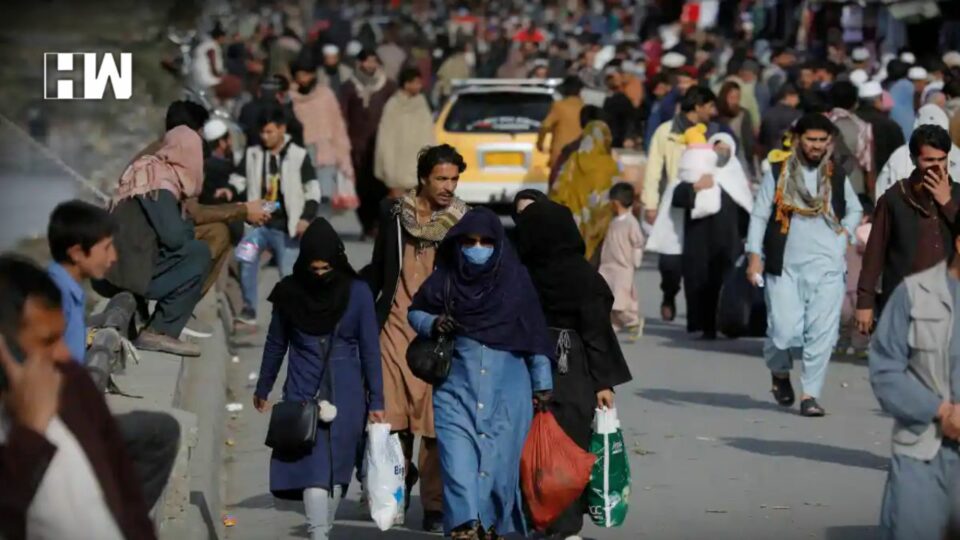“While humanitarian organizations continue to engage the de facto authorities, we cannot ignore the operational constraints now facing us as a humanitarian community,” the statement reads.
New York: The United Nations agencies, Save the Children NGO and others in a joint statement have said that “some time-critical” programs in Afghanistan have been temporarily stopped due to a lack of female staff. Calling the decision a “major blow” for vulnerable communities, the UN agencies in a joint statement urged the Taliban to reverse the decision banning women from working in NGOs and barring them from attending schools and universities.
In a statement released on the United Nations Office for the Coordination of Humanitarian Efforts website, the Inter-Agency Standing Committee Principals on Afghanistan said, “Banning women from humanitarian work has immediate life-threatening consequences for all Afghans. Already, some time-critical programmes have had to stop temporarily due to lack of female staff.” The signatories in the statement include signatories, including Food and Agriculture Organization Director-General Qu Dongyu, Emergency Relief Coordinator, World Health Organization Secretary-General Tedros Adhanom Ghebreyesus and Under-Secretary-General for Humanitarian Affairs (OCHA) Martin Griffiths and United Nations High Commissioner for Human Rights Volker Turk.
Also Read:Union Minister Ramdas Athawale Visits The Residence Of Tunisha Sharma
The statement noted that the Taliban’s ban on females working in NGOs comes at a time when over 28 million people in Afghanistan need assistance to survive as the country grapples with the risk of famine conditions, economic decline, entrenched poverty and a brutal winter. It warned that the activities will likely be halted as humanitarian assistance cannot be delivered without female aid workers.
“While humanitarian organizations continue to engage the de facto authorities, we cannot ignore the operational constraints now facing us as a humanitarian community,” the statement reads.
“We will endeavour to continue lifesaving, time-critical activities unless impeded while we better assess the scope, parameters and consequences of this directive for the people we serve. But we foresee that many activities will need to be paused as we cannot deliver principled humanitarian assistance without female aid workers,” the statement further said.
Earlier on December 27, the United Nations Security Council in a press statement said that the members of the security council are “profoundly concerned” by reports that the Taliban have banned female employees of NGOs and international organizations from going to work. The UNSC stated that the decision of the Taliban will have an “immediate and significant” impact on humanitarian operations in Afghanistan.
“The Security Council is furthermore profoundly concerned by reports that the Taliban have banned female employees of NGOs and international organizations from going to work, which would have a significant and immediate impact on humanitarian operations in the country, including those of the UN, and the delivery of aid and health work, and that these restrictions contradict the commitments made by the Taliban to the Afghan people as well as the expectations of the international community,” the UNSC said in a statement.
(Except for the headline, this story has not been edited by HW News staff and is published from a syndicated feed.)
As an independent media platform, we do not take advertisements from governments and corporate houses. It is you, our readers, who have supported us on our journey to do honest and unbiased journalism. Please contribute, so that we can continue to do the same in future.

